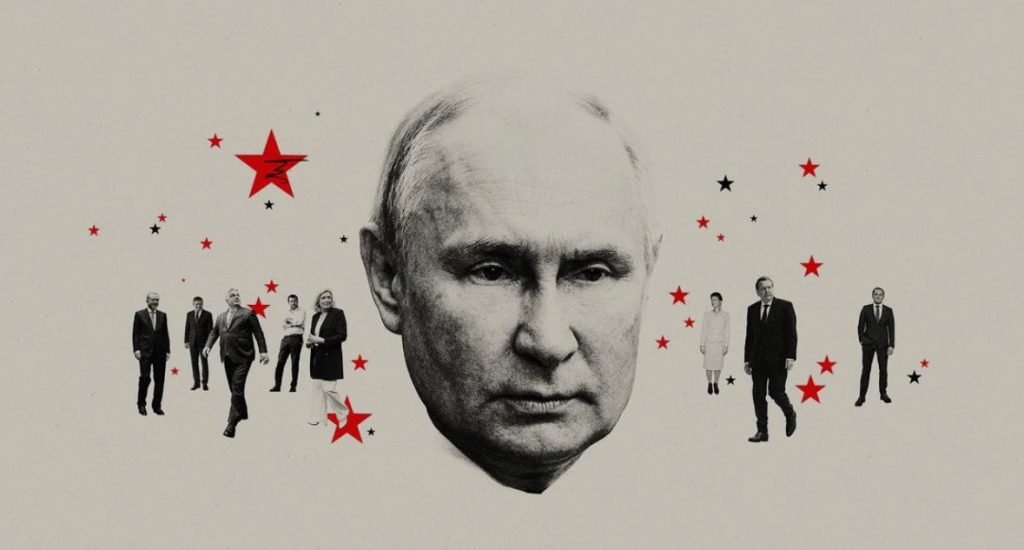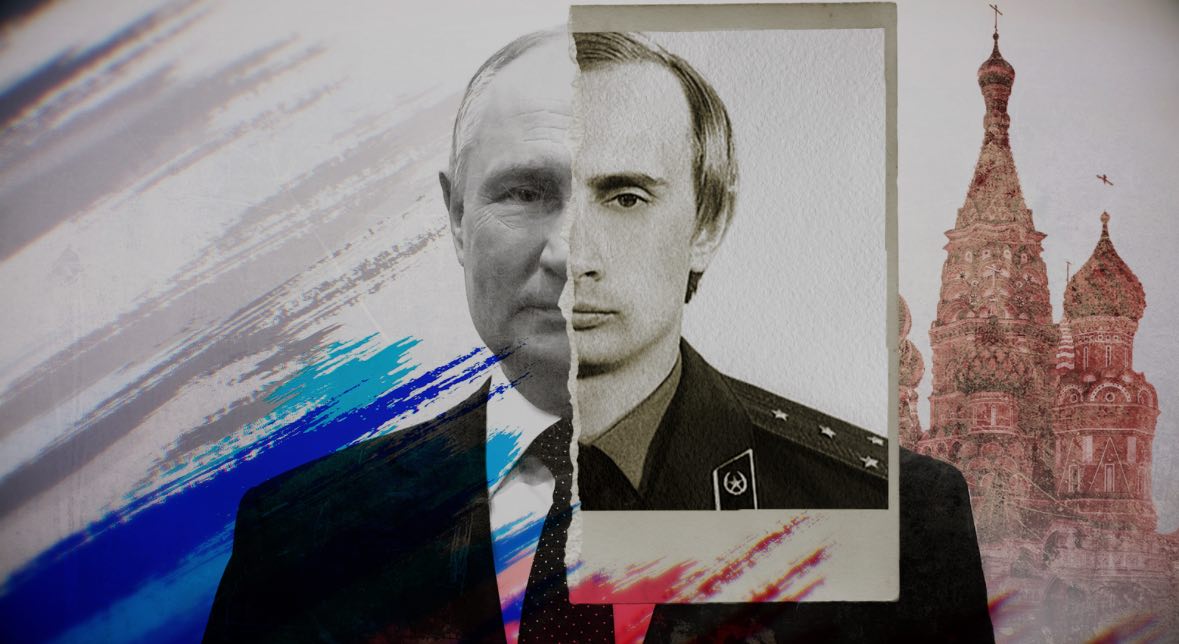Kremlin’s Covert Operations on NATO Soil
Kremlin’s Covert Operations on NATO Soil
This analytical report, focusing on the significant increase in sabotage operations and hybrid attacks attributed to the Russian Federation against critical infrastructures in European countries, has been prepared by Saeed Aghanji, editor-in-chief of IranGate News Agency.
The content of this report is based on the latest findings published by the International Institute for Strategic Studies in London. It provides a comprehensive picture of the growing threats by examining the data, judicial files, Western intelligence sources, and extensive media coverage across Europe, all of which target the security and political stability of the European continent in the form of hybrid warfare and sabotage actions.
In this report, the author has attempted to evaluate the hidden and overt dimensions of these movements by utilizing official documents, statements from security agencies, and a structured analysis of field evidence. These movements have not only complicated the ongoing war in Ukraine but have also introduced a new and perilous stage in Europe’s security environment by employing novel tactics such as proxy warfare, gig economy, and digital operations.
This report is published with the aim of providing a clear picture of Russia’s strategies in the field of sabotage and hybrid warfare, and examining the reactions, weaknesses, and existing challenges in Europe’s response to these actions. It seeks to answer key questions regarding emerging threats, the future of regional security, and the necessity of revising defense policies.
The sharp increase in Russian sabotage operations against Europe’s critical infrastructures is a hidden and growing threat.
According to a recent report from the International Institute for Strategic Studies based in London, attacks on critical infrastructures in European countries have increased almost fourfold since 2023.
This report, published on August 19, shows that Russia has unprecedentedly expanded the scope and intensity of its sabotage, espionage, and hybrid warfare operations to weaken European governments and undermine their resolve to support Ukraine.
The Extent of Sabotage Actions and Diversity of Methods
According to the findings of this think tank, operations attributed to Russia are no longer limited to classic intelligence activities and encompass a wide range of destructive methods, including intentional fires in warehouses and logistical facilities, destruction of undersea communication cables, deliberate disruption of satellite navigation systems (GPS), and infiltrations into sensitive computer systems in the energy, transportation, and defense industries. Many of these actions have occurred in areas that play a key role in supporting Ukraine or resisting Russian influence.
Coinciding with the Ukraine War and Exploiting Europe’s Security Gaps
The increase in destructive operations has intensified almost simultaneously with the full-scale Russian invasion of Ukraine in February 2022, reaching its peak in 2023 and 2024.
However, a relative decrease in these types of attacks was reported in the first half of 2025, although the reasons are still unclear and may be due to changes in Russian tactics or increased European vigilance.
This report warns that weak coordination among European countries, the lack of effective deterrence development, and the inability to impose deterrent costs on the Kremlin have led to scattered and ineffective reactions.
Especially in a situation where many of Europe’s critical structures remain vulnerable to digital infiltration and hybrid attacks.
Russia’s Extensive Use of Proxies and Intermediaries

Since the widespread expulsion of Russian intelligence agents from European countries, some of whom operated under diplomatic cover, Russian security agencies have resorted to indirect methods. The report emphasizes that the Kremlin has acted very skillfully in using mercenaries, proxies, and even unaware individuals as tools for sabotage operations.
For example, last month, a court in Britain convicted three individuals for setting fire to a warehouse in London that stored equipment bound for Ukraine. Prosecutors’ evidence indicated that this operation was designed by individuals directly connected to the Wagner mercenary group.
Additionally, three other Ukrainian citizens were accused of attempting to set fire to properties linked to British Prime Minister Keir Starmer, an action analysts see as part of efforts to destabilize the highest political levels in Europe.
Exploiting the Gig Economy and Digital Space
The report emphasizes that Russia has successfully exploited legal loopholes and weak oversight of the digital space to recruit individuals online for sabotage actions through what is called the gig economy.
This method allows the Kremlin to deny direct responsibility for the attacks and makes legal pursuit difficult. Since 2022, recruiting citizens of third countries via the internet has become a key tool for circumventing counterintelligence measures in Europe.
Europe’s Weak Response and Strategic Implications
While some NATO member countries have warned about Russia’s long-term threats, sufficient investment in protecting critical infrastructures has not yet been made. Meanwhile, Western intelligence and defense agencies have assessed that many of these actions could be part of Russia’s gradual preparation for potential future conflicts with NATO.
The International Institute for Strategic Studies warns at the end of its report that if Europe cannot design a coordinated, deterrent, and effective response to these threats, not only critical infrastructures but also the political and social cohesion of the continent will be at risk.
Moscow’s Silence and the Uncertain Future of Counteraction
At the time of writing this report, Russian officials have not yet given an official response to the findings presented. However, the continuation of this trend could lead to diplomatic conflicts, increased security costs, and even an escalation of hidden and overt confrontations between Russia and the West.

